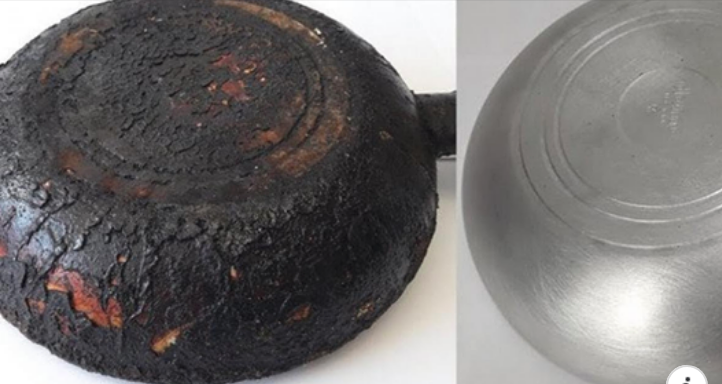Remember the last time you left a pot out and it turned into a biohazard, necessitating the use of a hazmat suit to remove it from the kitchen? Sometimes it seems like the best thing to do would be to simply throw the pot out and start afresh, only as time goes on you begin to forget what happened the last time you left something out and pretty soon you have another situation that requires a visit from the CDC.
All joking aside, it’s difficult to figure out how to clean a nasty, grimy pot, especially if it’s made of a special material like cast iron or copper. What works for one pot won’t work for the next, and may actually hurt it. Never fear, though, because we’ve compiled a simple list that will keep your pots shiny and clean, germ-free, and ready for use. Make sure prior to cleaning that you have all the proper materials.
For regular stainless steel pots, you’ll use scouring powder, dish soap, and a Brillo pad (not steel wool). You may want to soak the pots overnight before attempting this, depending on how much buildup is inside.
If you’ve got glass pans or casserole dishes that need an extra scrubbing, use a combination of baking soda, dish soap, and water to make a paste with which to clean out the pan.
Enamel pans are more difficult, though oven cleaner will get them squeaky clean. You might lose color and/or some coating, however, so depending how attached you are to the pot and its looks, you may decide to keep the pot and repurpose it as a planter.
Copper pots and pans can be cleaned with a variety of cleaning supplies, depending on whether you need the outside and/or the inside clean. For the outside, use a grease-cutting cleaner, one preferably with citrus. You can mix up scouring powder and dish soap to clean the inside.
Iron skillets may seem intimidating, but they are some of the easiest to clean. You can put it in the oven and set the oven on self-cleaning, the end result of which is that all the grime will turn to ash. Never let a skillet soak, as this will cause rust. Instead, pour some oil in the skillet and then add some salt and scrub with a paper towel.
 " >
" >


